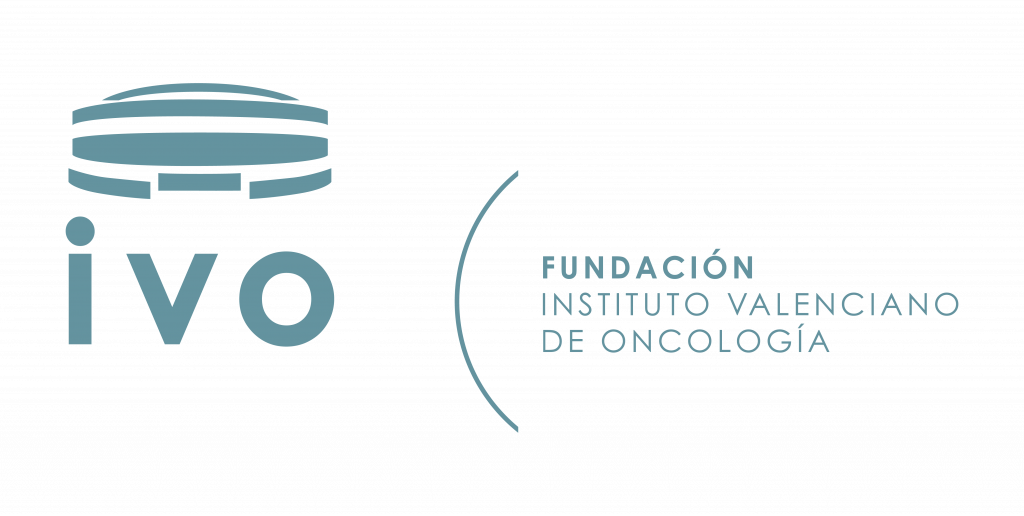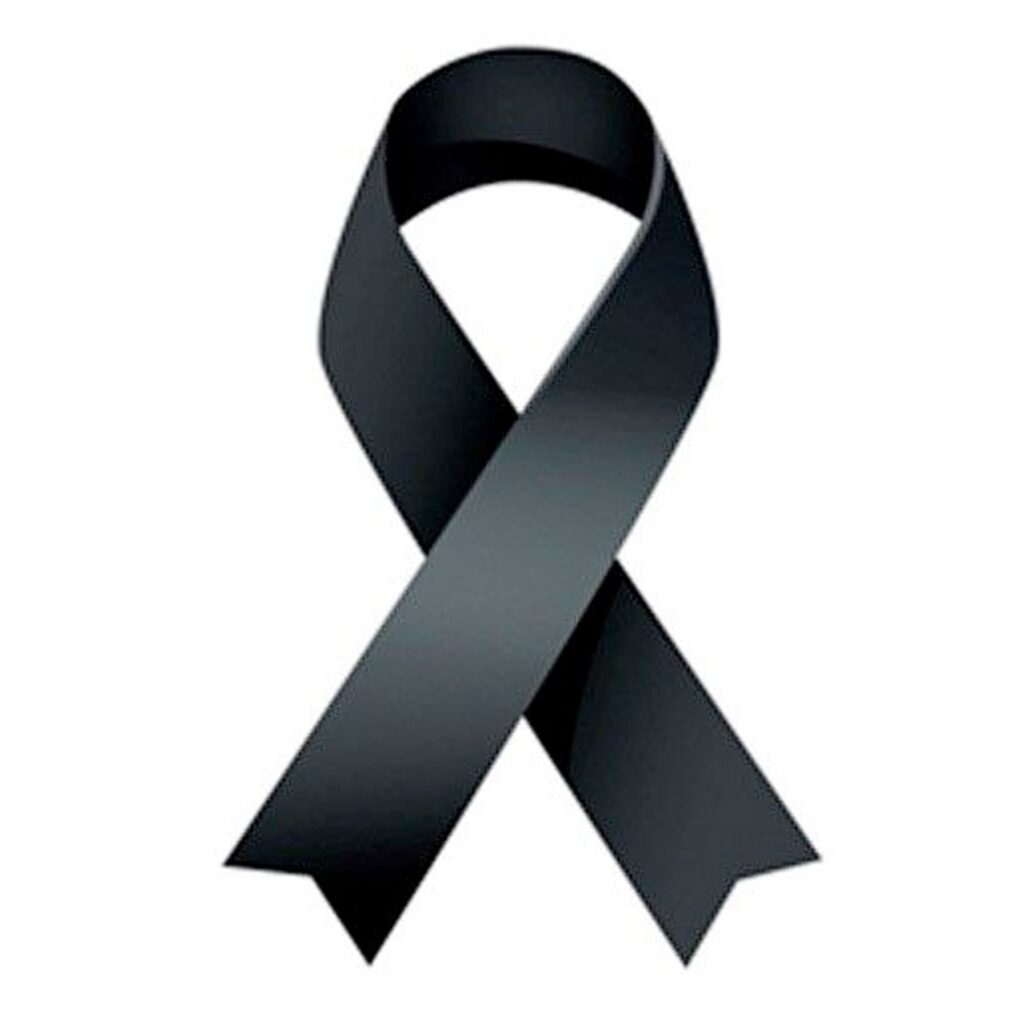Cancer, in the early stages, does not usually cause symptoms. This is why, discovering that you have cancer is not only like a blow to the stomach but it often comes as a surprise.
Overcoming cancer, is a body and mind issue
People who receive a positive diagnosis can produce strong feelings of fear, anger or sadness. It is not recommended to hide or suppress those emotions. The best way to ease the suffering about the news is to accept and talk about it. Trying to accept the situation can avoid misunderstandings which may make things more complicated and can lead to feelings of loneliness.
Refusing to accept the situation and believe that nothing has changed may cause those suppressed feelings to emerge in other ways (fits of anger, crying spells…) in inappropriate situations.
The best thing is to talk with your family and friends and let them know about the diagnosis and the upcoming steps. It is also important to share your fears and frustrations about the disease and its treatment with someone. On the one hand, you will unload and feel relief, on the other hand you can step back and look at things more objectively. This will help you find and apply solutions. Sharing the burden lightens ones load.
In this sense, it is important that you face the incidences one by one and avoid emotional build-up making the issues more manageable. Stop any feelings of guilt about your illness to take over, even if you have exposed yourself to some of the risk factors. Cancer is caused by a combination of various elements; it is not your fault.
You should not consider yourself weak because you are feeling depressed or nervous. These are natural and understandable feelings when faced with a serious disease. Over time, with a new acceptance of the situation, these feelings will fade. If this is not the case, you can always turn to a professional for extra help or try relaxation techniques. Perhaps, the most pressing need is to find the most appropriate way to deal with the situation.
On the other hand, talking with your doctor about your mood is recommended because your body’s hormone level can affect mood. Patient-doctor communication is important so he/she can get to know you better.
Turn away from negative feelings and thoughts and remember that behind the disease is a strong human being. Cancer should not take over your whole life. Plan daily activities that can bring you closer to your desired objectives. Prioritize your obligations. Balance rest and activities. Take time for personal care and rest.
Let others also take care of you. Decide who you want to share your diagnosis with. They also need to know what is happening so they can act properly. Letting them help you will make them feel useful and they will be able to provide you with assistance and support.
Companions help manage treatment sessions, medical visits and tests. It is highly recommended to have a companion with you. Having a family member or friend can help you keep track of the information about your state, medical appointments, medication. They can also help you understand the information given by the medical staff.
Some patients prefer to know as little as possible about their case in order to keep from worrying. Others, on the other hand, need to know every detail about the treatments that is being applied to avoid uncertainty and anxiety. Therefore, the oncology team-patient communication and support is important for the patient facing this disease. Let them know the level of detail of information you need and use a notebook to keep track of symptoms, evolution and questions so that you do not forget to ask them at your next visit.
You will inevitably hear comments and opinions about cancer among your friends and/or in the media. Pay attention to who wrote the information and make sure that it comes from reliable sources. Keep in mind, that each patient will experience cancer and its treatments differently.This will help avoid making comparisons.
Once you have started treatment, stay focused on what you DO know about it and do not try to anticipate potential problems associated with treatment. Do not lose sight of its main objective: cure.
You may experience side effects affecting your health and mood. Keep in mind that they are temporary and will go away after treatment is interrupted. The side effects are caused by the treatment and not the illness. Your disease may be improving significantly even if you are experiencing physical pain because of the treatment.
Taking care of your health is especially important in this phase because your organisms need to be as resistant as possible to handle the drugs and/or therapies that may be required. It is advised to avoid smoking, drinking alcohol and being overweight. Following a Mediterranean diet, getting regular exercise and good rest is also recommended.
Your sex life is likely to change. This can happen because of the emotional reactions related to diagnosis and/or as a physical consequence of treatment. Loss of sexual drive or dysfunction slowly fade after treatment ends. However, if they persist, remember that sensitivity remains, even if some aspects of your relationship have changed. Sexual expression is a form of communication between couples. It can improve a person’s sense of well-being.
In addition to these changes, once treatment has completed, you may feel threatened by the thought of the cancer coming back. You fear having to go through it again, of not being able to face it a second time or not being able to handle the new treatments. This fear is known as “Sword of Damocles“. It is described as a feeling of living with chronic uncertainty and fear of cancer recurrence, particularly at routine medical check-ups or when there is a new ache or discomfort.
It is undoubtedly a moment of profound change in an individual’s life. You may ask yourself “Why me?” and question how you could have prevented it. The even bigger question “How can I get out of this? Many people who have gone through it say that their life changed for the better. Your hierarchy of values changes often leading to making more positive lifestyle changes. In other words, it can be an opportunity to lead a fuller life. This experience is referred to as post-traumatic growth.
In spite of this, if you consider that these fears and changes are too overwhelming and stop you from living a normal life, you may need to seek professional help. The IVO Foundation has a team of psycho-oncologists ready to help you copel with these feeling of fear and uncertainty.
Initially, patients often relive the trauma they experienced at initial diagnosis. However, the second time around can be daunting and the emotional reaction is usually even more intense. At this point, the patient fears that treatment is not going to be effective and that they may not be able to overcome it. For many, it is a heart-wrenching uncertainty.
Recurrence entails new complications in the healing process. However difficult it may seem, you can still take control of your life and your disease. Following a period of adaptation, the patient looks for new objectives which may change along the way.
Cancer is currently conceived as a chronic illness with increasingly individualized treatments. New scientific findings are continually being applied. Advances in detection and diagnostic methods make disease control possible in a significant proportion of patients. Remember that you are the main character in your own life, not your disease.

Medical Services
The IVO's specialisation in oncology allows for a service structure organised by care areas classified according to the type of tumour

Tumour Committees
The committees are the ultimate expression of multidisciplinary medicine. They are made up of expert physicians from the main oncological specialities.


